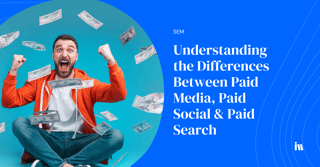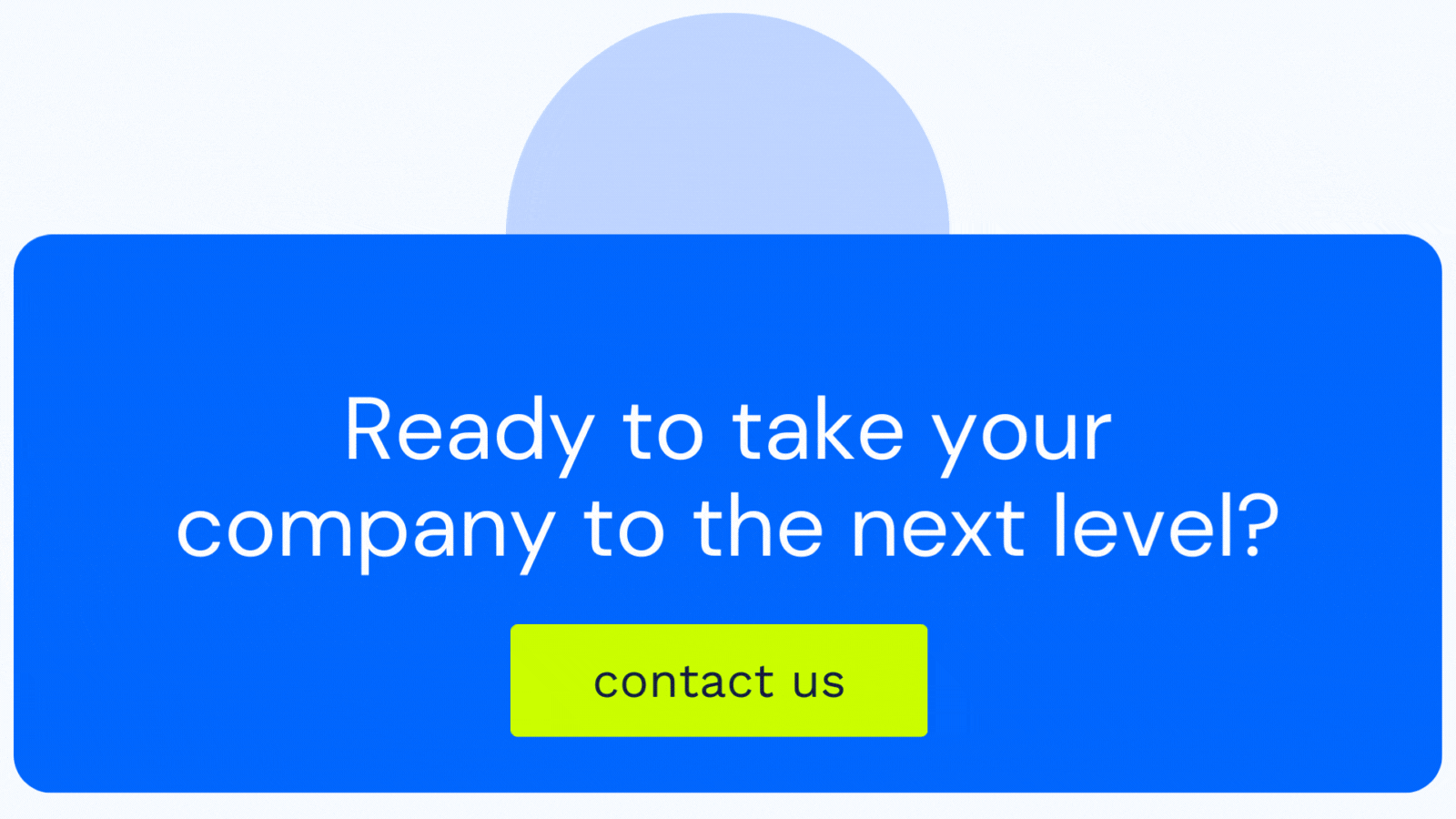Understanding the Differences Between Paid Media, Paid Social & Paid Search

Paid media and search engine optimization (SEO) might seem complex and mysterious to those unfamiliar with their inner workings and daily operations, but both follow well-defined strategies and play a crucial role in digital marketing. In today's online landscape, where competition is fierce, and attention spans are short, businesses cannot afford to overlook the power of paid media and SEO to reach the right audience at the right time.
Paid media, as mentioned earlier, involves paying for media exposure to reach a specific target audience and get them to take a particular action. It allows businesses to showcase their products or services directly to potential customers through niche targeting, ensuring their message is seen by who and when they want.
By investing in paid media, businesses can bypass the traditional barriers to entry and immediately connect with their target market, driving traffic and conversions. 🔄
.png?width=740&height=400&name=IMG%20internas%20inmobiliarias%20(3).png)
What is paid media? 👀
Paid media, in the simplest terms, is media (videos, images, etc.) that you pay for people to see. This encompasses a range of platforms, including online advertising through social media, sponsored content, search engines, display ads, and more.
The primary goal of paid media is to reach a specific target audience, increase brand visibility, and drive traffic or conversions. You can have more specific goals for your ads, such as customers, likes, followers, form submissions, and more, but the basic format of the ads stays the same. Unlike earned or owned media, which relies on SEO, paid media requires a financial commitment to secure ad placement.
Paid media is a parent category that includes paid social and paid search, but paid search and paid social are not interchangeable and have distinct factors.
.png?width=740&height=400&name=IMG%20internas%20inmobiliarias%20(4).png)
What is paid social? 🤔
Paid social refers to a digital marketing strategy that involves paying for advertising on various social media platforms such as Facebook, Instagram, Twitter, LinkedIn, and others. This approach enables businesses and individuals to create and promote targeted advertisements to reach specific audiences since it allows advertisers to fine-tune their target demographics based on factors like age, gender, location, interests, and online behavior, thus ensuring that their content reaches the most relevant audience.
While Google is adding to its ad types, it does not compare to the diverse range of ad formats, including image and video ads, sponsored content, and more, which paid platforms offer. It allows precise audience targeting based on demographics, interests, and behaviors. However, one thing to note is that recent privacy updates (e.g., Apple's iOS 14.5 update and GDPR laws) have limited tracking and targeting capabilities on social media. Paid social is particularly effective for brand awareness, building an online community, and nurturing relationships with potential customers over time.
What is paid search? 🔍
Paid search, often referred to as pay-per-click (PPC) advertising, focuses on text-based ads that appear on search engine results pages (SERPs). Popular platforms for paid search include Google Ads and Bing Ads. It involves bidding on keywords to have your ads displayed when users search for specific terms and is focused on search engines and text-based ads.
More often than not paid search ads are going to be an auction-based bidding platform. This means that it is based on a bidding system, where you, as the advertiser, select a maximum bid amount you're willing to pay for a click on your ad. The higher your bid, the better your placement.
Paid search is incredibly effective for capturing users who are actively searching for specific products or services, making it ideal for lead generation and immediate conversion goals. The distinctive feature of paid search is that advertisers only pay when a user clicks on their ad, hence the term "pay-per-click" as opposed to other platforms where you might have to pay just for your ads to be seen.
How can paid media help your business?
Paid media can be a powerful quick win for your business, especially when you need immediate results and increased visibility. With that being said the speed at which your campaigns get results depends on the budget, competition, and optimization but unlike organic strategies that take time to build momentum, paid media provides a fast track to reaching your target audience. If you want quick wins and easy traffic, or are a new business with little to no brand recognition, paid media will be one of the most important areas of your marketing strategy to start with.
SEO and paid media can and should work hand in hand despite having little in common besides keywords. With paid media, you can instantly see results, making it an essential tool for businesses seeking to expand their reach and achieve specific marketing objectives especially if there’s a quick turnaround time.
If you have any questions feel free to reach out to our team and we can help you on your paid media journey!
Frequently Asked Questions
What distinguishes unpaid search from paid search traffic?
Unpaid search traffic, or organic search traffic, refers to visitors who land on a website due to naturally appearing search engine results. This traffic is generated when a user types a query into a search engine like Google, and the website appears in the search results due to its relevance, quality of content, and search engine optimization (SEO) practices. On the other hand, paid search traffic comes from users who click on advertisements displayed in search engine results pages (SERPs). These ads are part of pay-per-click (PPC) campaigns, where businesses bid on specific keywords and pay each time a user clicks on their ad. The primary distinction between the two lies in cost and approach, organic search relies on long-term strategies to improve a site's ranking through quality content and SEO, while paid search offers immediate visibility through targeted advertising at a cost.
What is organic social vs paid social?
Organic social refers to the unpaid content that businesses and individuals share on social media platforms to naturally engage with their audience. This includes posts, stories, videos, and interactions (likes, comments, shares) that occur without financial investment, relying on the platform's algorithm and the followers' interest to boost visibility. Paid social on the other hand involves promoting content through advertisements on social media channels by allocating a budget to reach a broader or more targeted audience. Paid social ads can appear as sponsored posts, display ads, or promoted content and offer precise targeting options based on demographics, interests, and behaviors. While organic social emphasizes authenticity and organic growth, paid social provides immediate reach and strategic targeting to achieve specific marketing objectives.
How often should you evaluate your paid media budget?
Evaluating your paid media budget should be a regular and strategic practice to ensure optimal performance and return on investment (ROI). At a minimum, it is advisable to review your budget every month to assess campaign performance, adjust for seasonality, and respond to any market changes. However, during high-stakes campaigns, such as product launches, or promotional periods, more frequent evaluations may be necessary to make agile adjustments. Regular budget evaluation helps identify underperforming ads, reallocate funds to high-performing channels, and optimize bidding strategies. It also allows businesses to adapt to shifts in audience behavior, competition, and advertising costs. Consistent monitoring and analysis empower marketers to maximize the effectiveness of their paid media investments while avoiding overspending or missed opportunities.

.png?width=740&height=400&name=IMG%20internas%20inmobiliarias%20(5).png)
